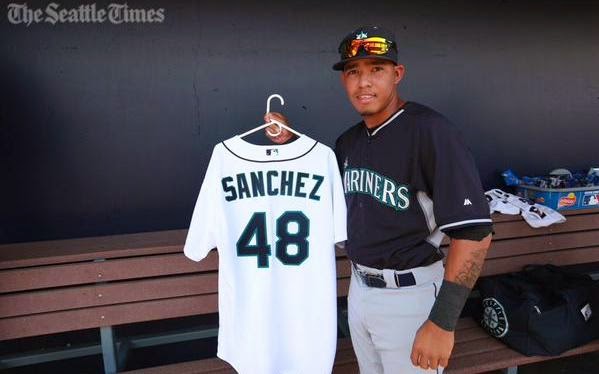Emily Durst
Grade 12
Norton High School
2015 Will McDonough Writing Contest
Why the Boston 2024 Olympics Are a BAD Idea
The Olympics are a source of national pride and international peace that takes place in one major city every four years. Men and women from across the globe come together to compete in their sport of choice in hopes of winning gold while exhibiting good sportsmanship. Here in Boston, Massachusetts, leaders and citizens are hoping for their great city to be a host of the 2024 Summer Olympic Games; but is it really the right thing to do? The answer is simple. No.
The Olympics will damage Boston with crippling financial debt and controlled chaos both before and after the Games. The first step in accommodating for the Olympics is the construction of stadiums, hotels, roads, and parking facilities. While construction provides an abundance of jobs for people needing work, there are plenty of inconveniences that accompany this stage. Construction may interrupt the flow of traffic and of everyday life in an already chaotic city setting. Back-ups and accidents can become issues if traffic is not detoured properly and directed by authorities. Then of course, there is the cost of construction. Billions of dollars are spent constructing roads, stadiums, and other facilities. Where will all that money from? Taxes will certainly increase in order to help pay for the expenses; taxpayer dollars will be used on a large scale project that will be temporary. Budget cuts will affect schools all across the state – a state known for its quality of education. The sting will be subdued by the glamour of the Games when they and the tourists flood the streets of Boston. However, the ache will return as soon as the closing ceremony comes into fruition.
When the Olympic Games are finally over and the excitement has subsided, many people experience what is called post Olympic depression. For Boston, this depression will be both emotional and economic. Out of the billions of dollars spent to accommodate for the Games, there is no guaranteeing that the revenue from tourism will come close to covering the cost. The sudden decrease in activity also poses a problem for new hotels and their employees. If one looks to the past and looks at former Olympic host cities, such as Athens, Sydney, and Montreal, they would see the weight of debt that drags them down. Athens ended up with a national deficit of 5.4 percent after the 2004 Games, Sydney paid $3.8 billion for their games in 2000, and Montreal was saddled with so much debt from the 1976 Games that it took until 2006 for the final bill to be paid – a whole thirty years of debt. However, there is some as a few past cities have found ways to beat the post-Olympic blues. China was able to avoid gaining debt due to growth in taxes and capital. The country also gave two of the venues to the China Agricultural University and to the Beijing Science and Technology University to ensure they did not fall to waste. Seoul was able make a profit of $300 million after the 1988 Games, which only reached a cost of $4 billion. The prognosis of these cities seems to be determined by the planning done beforehand and the actions taken afterward. The question is whether the city of Boston will be so fortunate.
Massachusetts is a magnificent state and Boston is the cherry on top. Hosting an event as big as this would undoubtedly bury the Commonwealth in a mountain of debt. Having the highest quality of public education in the country, both city and state cannot afford budget cuts that would compromise such excellence. If Massachusetts is going to continue to pursue excellence in the future, Boston should pass up on the Olympic glory.
Source:
Rishe, Patrick. "How Does London's Olympics Bill Compare to Previous Games?" Forbes. Forbes Magazine, 05 Aug. 2011. Web. 27 Feb. 2015. <http://www.forbes.com/sites/sportsmoney/2011/08/05/how-does-londons-olympics-bill-compare-to-previous-games/>.


